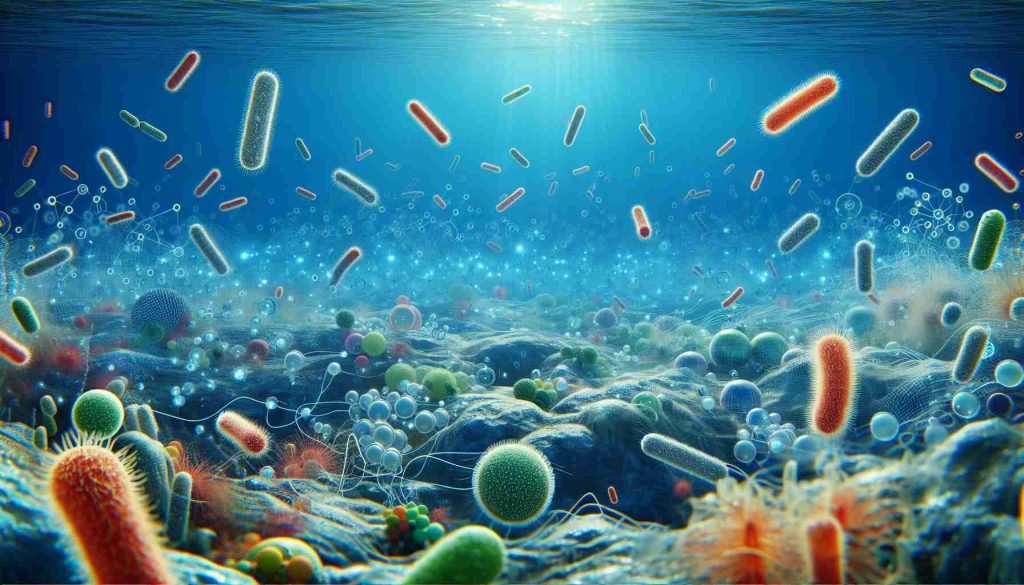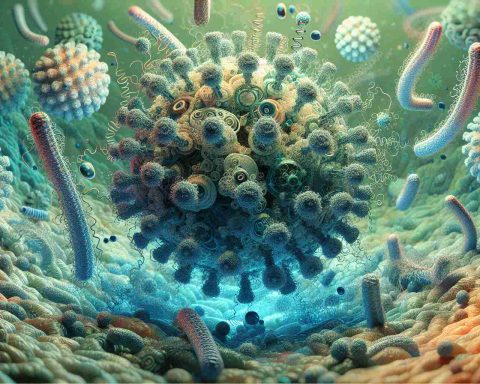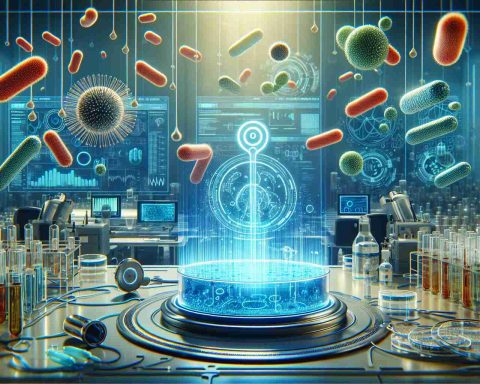Microbiology
Microbiology is the branch of science that deals with the study of microorganisms, which are tiny, often unicellular organisms that can only be seen with a microscope. This field encompasses various types of microbes, including bacteria, viruses, fungi, protozoa, and algae. Microbiologists investigate the structure, function, and genetics of these organisms, as well as their role in different environments, such as soil, water, and human health.Microbiology is essential for understanding processes such as fermentation, disease causation and prevention, environmental ecology, and biotechnology. This discipline is fundamental to advancements in medicine, agriculture, food production, and bioremediation. Techniques such as culturing, microscopy, and molecular biology are commonly employed in microbiological research and applications.















